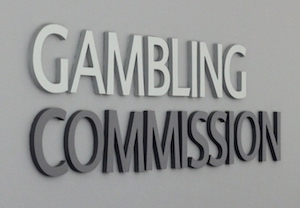The UK Gambling Commission has revealed more details of its summer schedule of consultations relating to the regulatory white paper.

Deputy chief executive, Sarah Gardner, revealed on Thursday that removing intensity-increasing features of play on non-slots casino games, as well as financial risk and vulnerability checks, would form part of the first batch of consultations to be published in July.
Furthermore, the Gambling Commission will consult on age verification in land-based premises and on cross-selling in advertising and the marketing players receive.
Gardner, speaking at the KPMG Gibraltar eSummit, said a second tranche of consultations are due in the autumn, with the longest set to last 12 weeks.
“Less haste and more speed will be our approach,” she told the summit, adding that the July consultations will make it clear “we are committed to maintaining momentum and making progress” on the white paper’s actions.
Gardner insisted, though, that the Gambling Commission and the UK government want to avoid the “mistake” of “well-meaning policy changes having unintended consequences” due to their real-world implementation.
Gardner went on to claim that the Gambling Commission is starting to see “hopeful signs that things are improving” in compliance and enforcement matters. She noted that the UKGC has, in the last year, twice broken its record for its biggest financial action, with William Hill business paying £19.2m in March for social responsibility and anti-money laundering failures.
However, she said that “significant progress is now starting to be made” and that “we do appear to be seeing less of the types of outrageous and indefensible examples” of operator failings.
Although, Gardner stressed that “we don’t expect anyone in the sector to start patting themselves on the back any time soon.”
The illegal market was another area explored by Gardner, with a recent fees uplift allowing the Gambling Commission to increase its enforcement actions by over 50 per cent between 2021-22 and 2022-23. The regulator has also more than doubled the number of successful positive disruption outcomes and has intervened with social media to tackle illegal lotteries and prevent influencers backing unlicensed gambling.